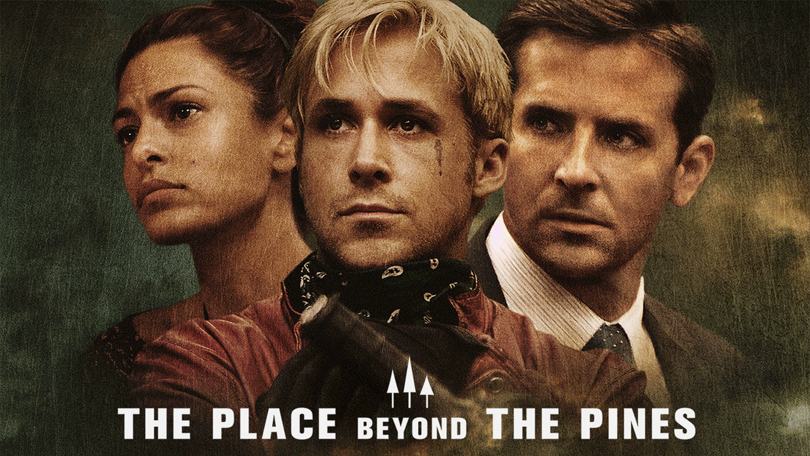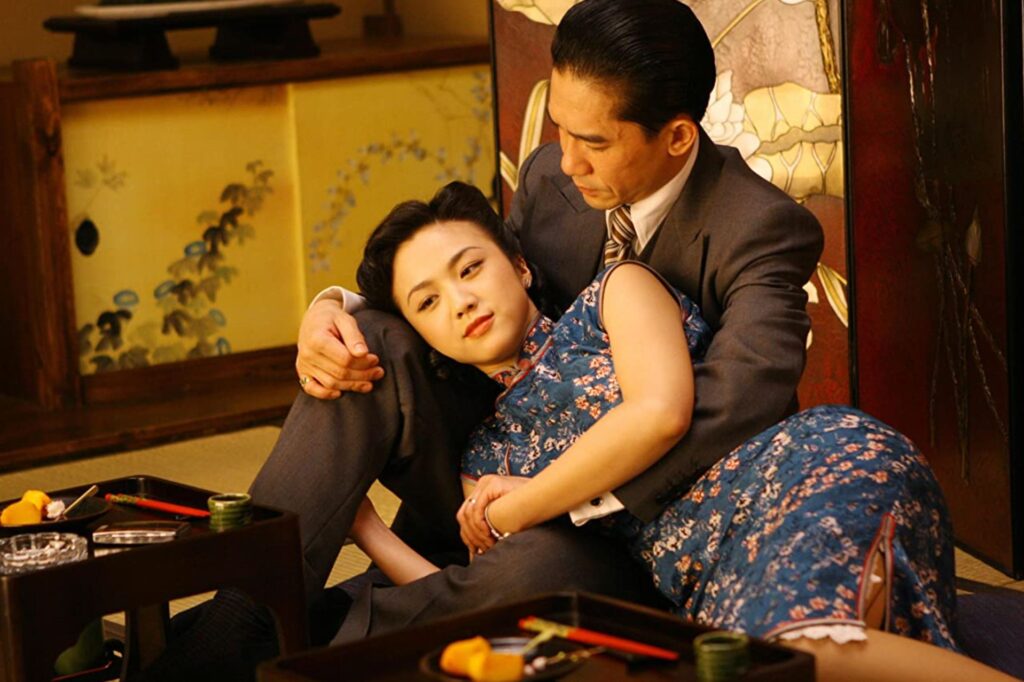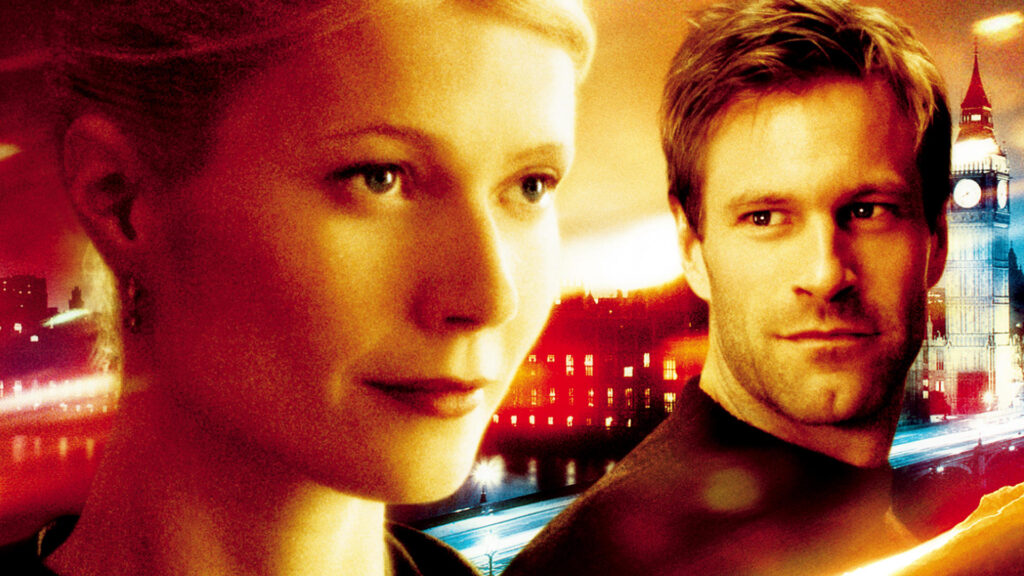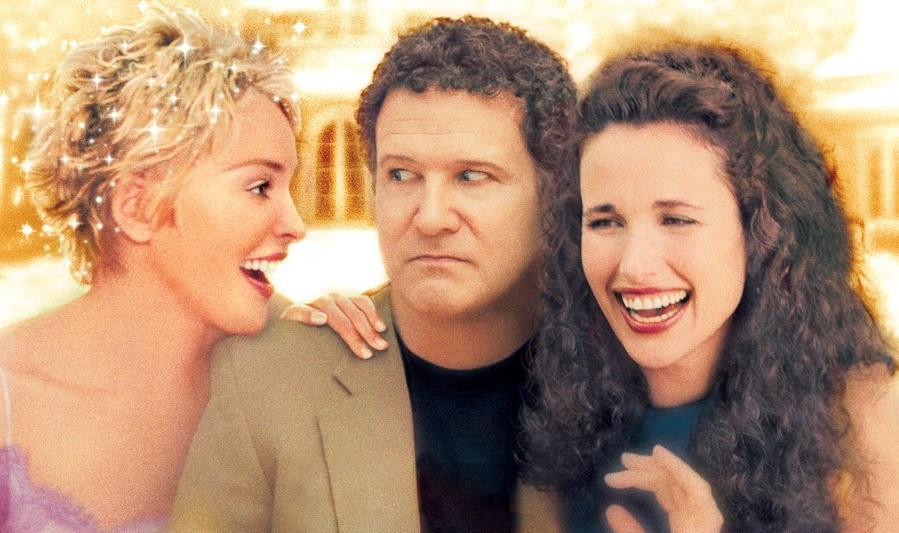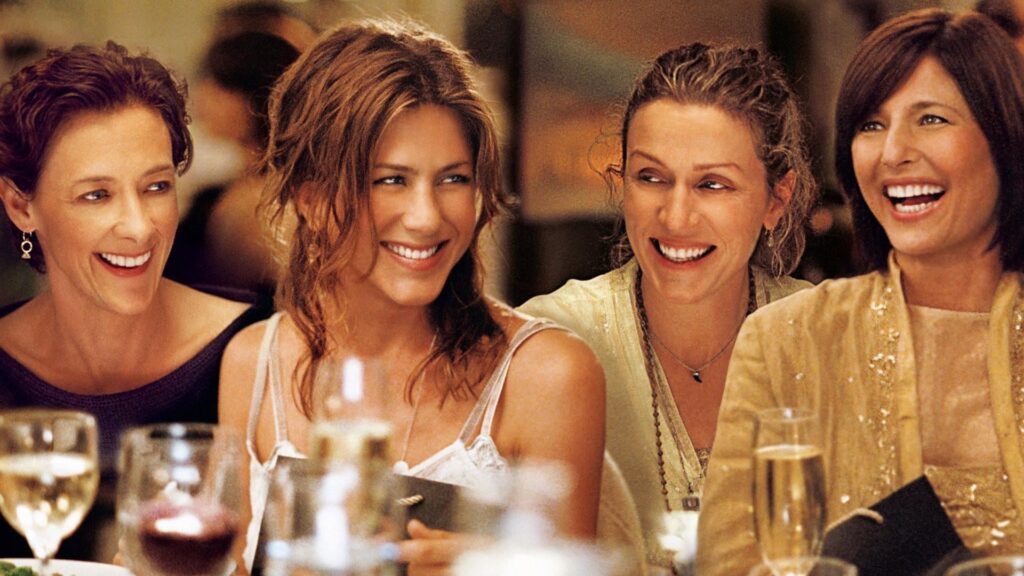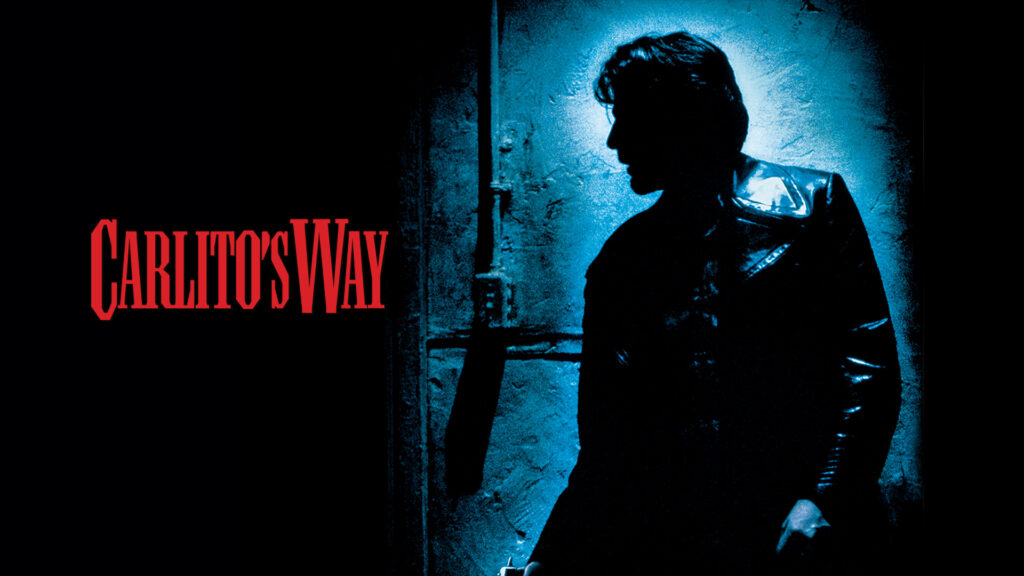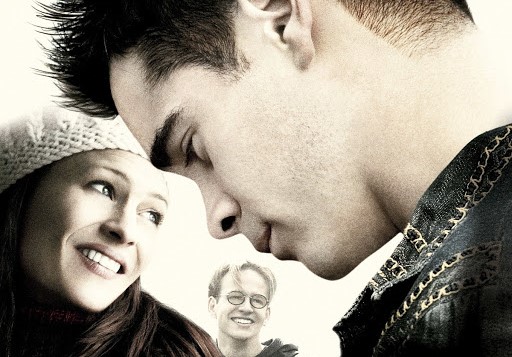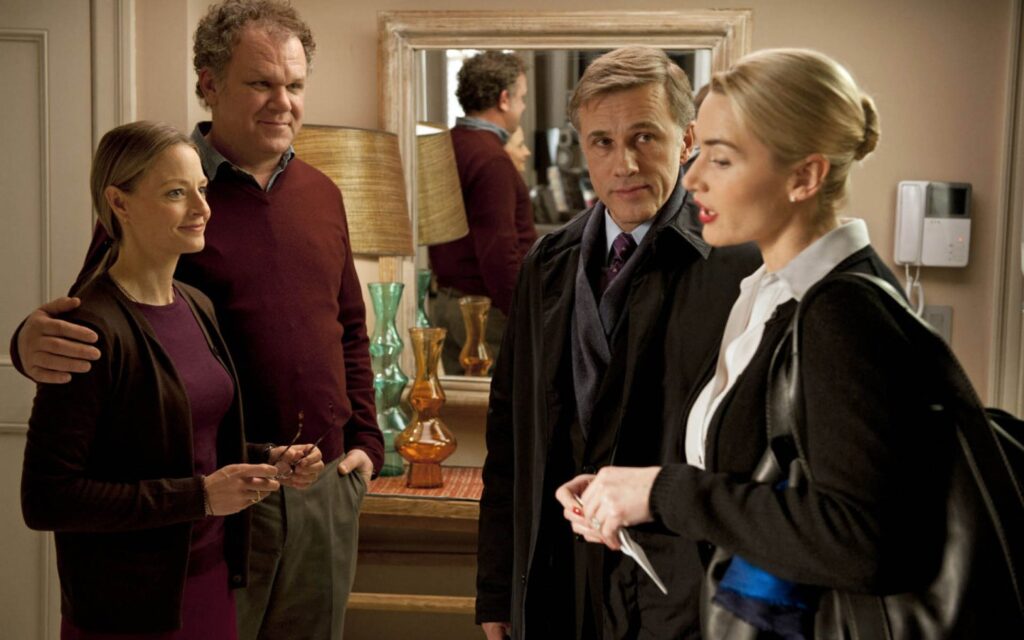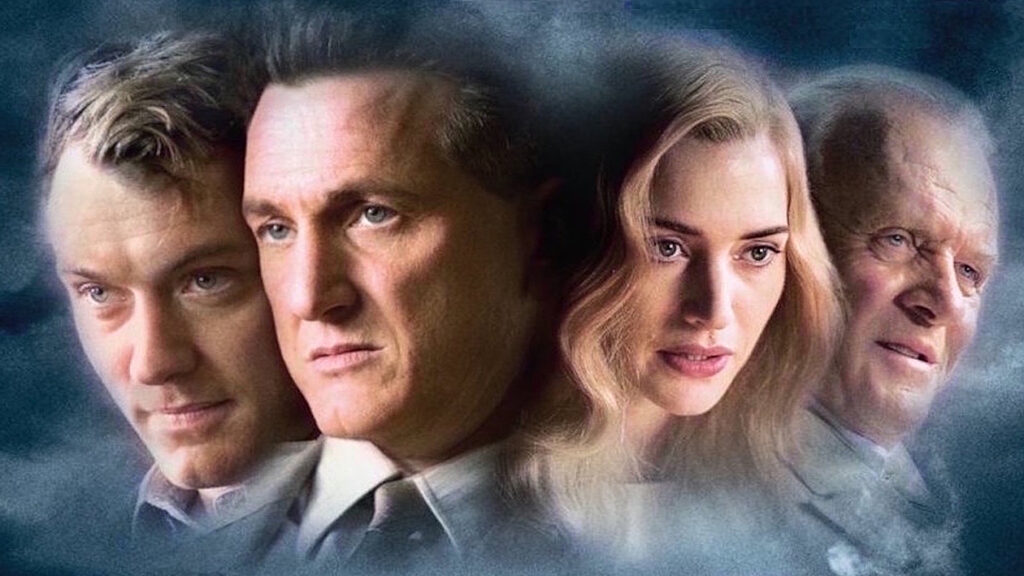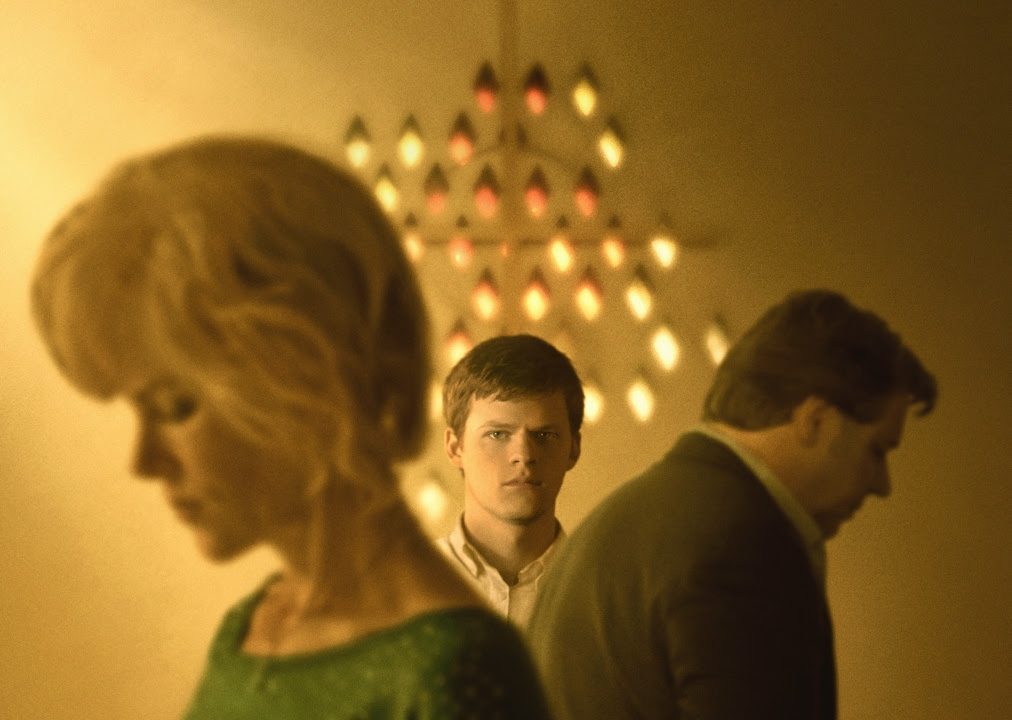
Our Focus Features miniseries comes to a close with 2018′s Boy Erased. Based on the memoir by Garrard Conley, the film stars Lucas Hedges as a young man from a religious family who is subjected to conversion therapy when his parents (played by Nicole Kidman and Russell Crowe) discover that he is gay. Though sensitively approached by director/star Joel Edgerton, the film is ultimately is too reserved and stumbles to get inside the head of its protagonist, resulting in a milquetoast response from awards voters and audiences.
This episode, we discuss Hedges’ busy fall of 2018, his soft coming out of sorts, and the Ben Beautiful Boy Erased is Back blur of movies in that season. We also look at Crowe’s quiet end to being considered an Oscar darling and Kidman’s dual THOB fall 2018 with Destroyer. And we get into the film’s ups (a strong cast of bit players!) and downs (that perfume ad scene!) in telling a queer story, and of course “Bloom.”
Topics also include 2018′s Original Song race, sprained ankles at TIFF, and our Top 10 favorite Focus Features films.
Follow Us on Twitter!
@Had_Oscar_Buzz
Joe: @joereid
Chris: @chrisvfeil
Podcast: Play in new window | Download
Subscribe: Google Podcasts | RSS

